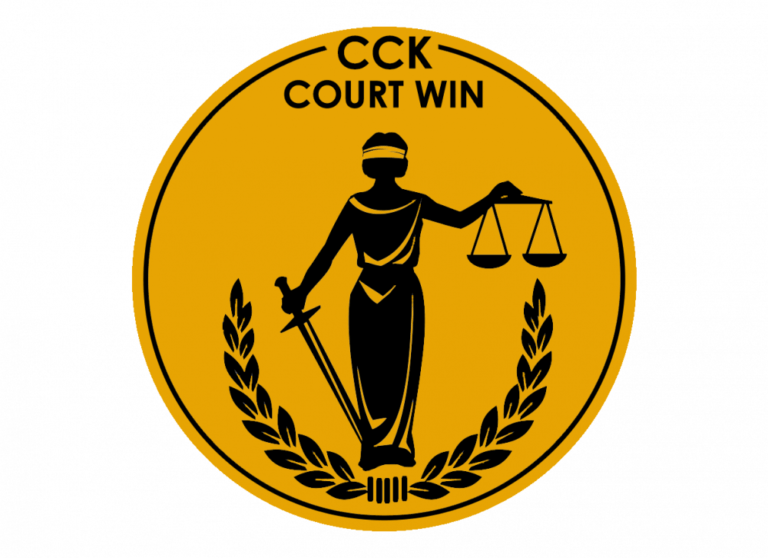Board Misinterpreted and Misapplied the Law in Psychiatric Disorder Denial

CCK Law: Our Vital Role in Veterans Law
Summary
The Veteran served on active duty in the United States Air Force from October of 1965 to October of 1968. The VA granted service connection for an anxiety disorder in December 2009, with a 30% rating. The Veteran timely disagreed with this rating and filed an application for increased compensation based on unemployability. VA denied his claims and the Veteran timely appealed. During the time on appeal, the Veteran underwent several VA examinations and submitted lay and medical evidence. In March of 2016, the Board denied the Veteran’s claim for an increased rating for his psychiatric disorder and TDIU.
Board denied increased rating for the Veteran’s psychiatric disorder and TDIU benefits
In March of 2016, the Board denied a rating in excess of 50% for the Veteran’s psychiatric disorder and entitlement to TDIU. In denying a higher rating for his psychiatric disorder, the Board listed certain symptoms, but failed to consider the severity, duration, and frequency of those symptoms. Its TDIU denial rested on the Veteran’s ability to perform physical labor and to provide regular assistance to an elderly friend. The Board deemed that evidence inconsistent with the conclusion that the Veteran is unable to perform any form of substantially gainful employment.
CCK appeals to the Court
CCK successfully appealed to the Court the denial of an increased rating for the Veteran’s psychiatric disorder and TDIU. In its decision, the Board misinterpreted and misapplied the law. It failed to provide adequate reasons or bases for determining that the Veteran’s symptoms did not warrant a higher rating for a psychiatric disorder, and that he was unable to obtain and maintain substantially gainful employment.
CAVC agrees with CCK’s arguments
CCK argued, and the Court agreed, that the Board erred in merely listing the absence of certain psychiatric symptoms and by failing to evaluate the frequency, duration, and severity of the symptoms the Veteran did have. For example, the Court held that the Board improperly discounted the severity of the Veteran’s reported suicidal ideation on the basis that he denied an intent to act on that ideation, had not attempted suicide, and had not been hospitalized for the ideation. The Court stated that by requiring that suicidal ideation manifest in more than thoughts, the Board erroneously attached an additional layer of likelihood of self-harm that is not present in the evaluation criteria for psychiatric disorders. The Court also agreed with CCK’s arguments that the Board failed to adequately address other symptoms of the Veteran’s anxiety disorder, including impaired impulse control and obsessional rituals that interfere with routine activities.
CCK also argued, and Court agreed, that in denying TDIU, the Board failed to address favorable evidence or provide adequate reasons and bases for determining the Veteran was capable of substantially gainful employment. The Court held that simply stating the Veteran previously had a successful career did not mean that he is currently able to perform the physical and mental acts necessary for substantially gainful employment. It also agreed that the Board did not adequately explain its conclusion that the Veteran’s ability to care for an elderly friend, make repairs to his home, and do yard work proved that he was capable of securing and following a substantially gainful occupation.
About the Author
Share this Post
